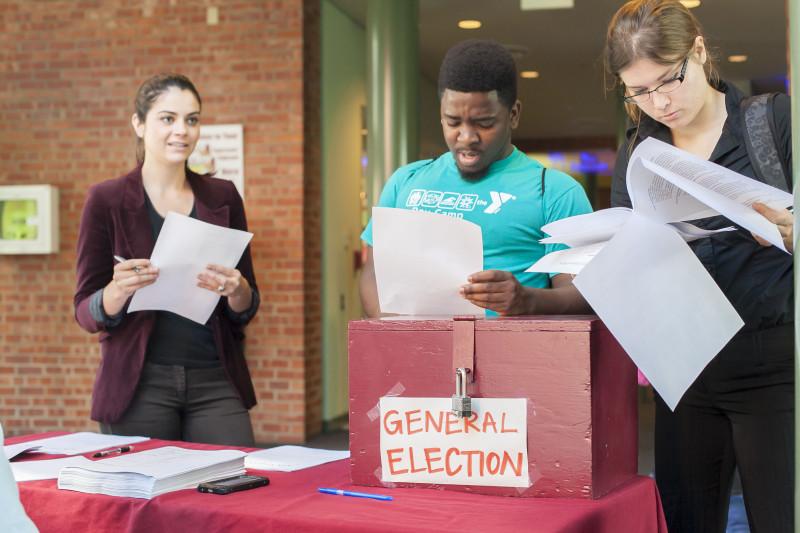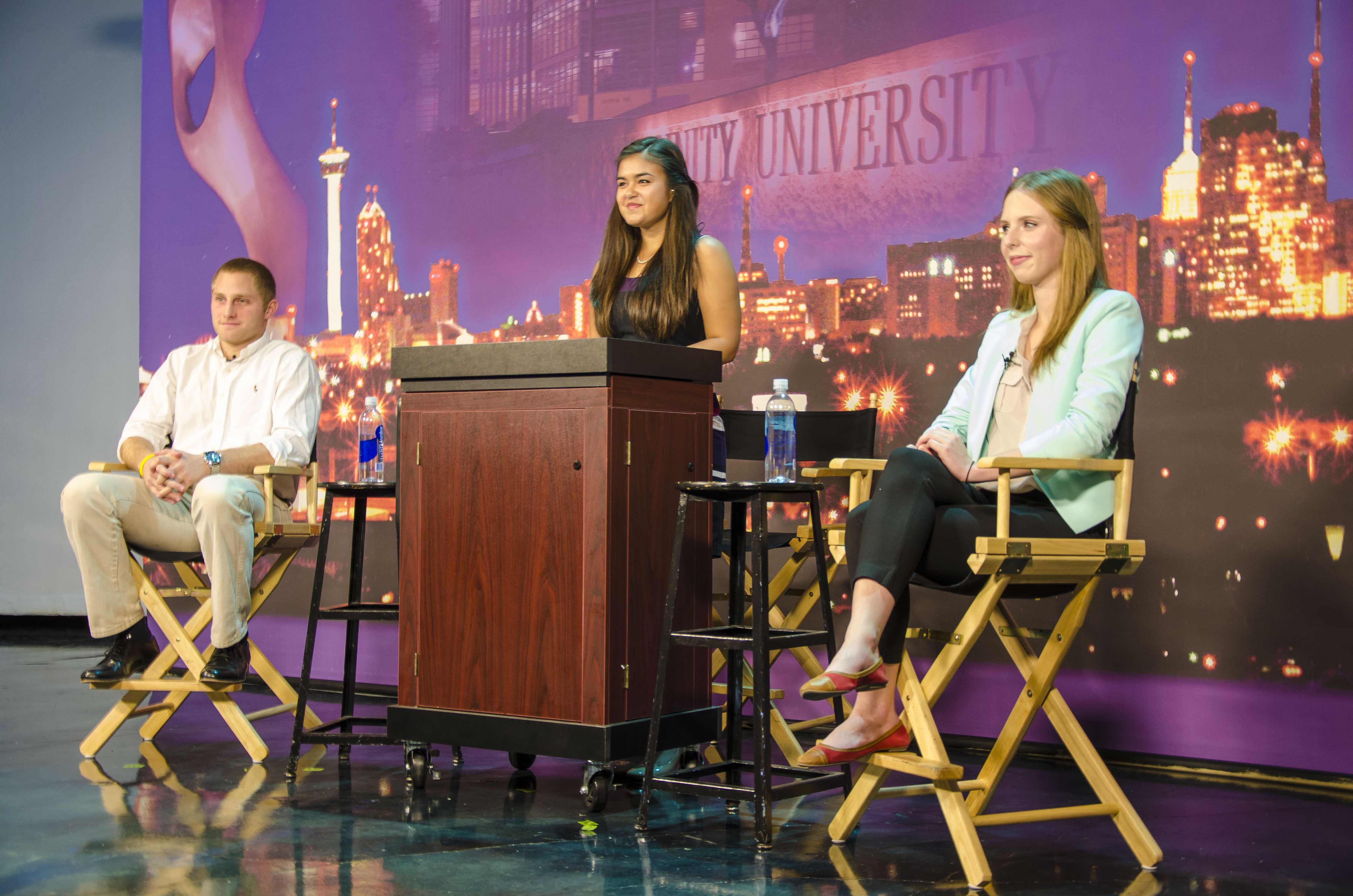Over the past year, student organizations on campus have begun the process of shifting their elections from an academic to a calendar-year schedule. Instead of holding elections late in the academic year before summer break, the new policy is to hold elections in late November and early December to allow more time for training during the second semester. This change stems from the recommendation of Campus and Community Involvement (CCI), which hopes the change in election times will allow for a smoother transition period for new and old leaders alike.
“The change allows organizations more time to schedule events in the fall and outline the events for next semester,” said Laura Kalb, director of the Student Programming Board.
While certain organizations are already having their elections for the next semester, such as the Association of Student Representatives (ASR), others who are joining the new initiative will hold elections later this month and in early December. The early election allows for the selection of new people during the first semester, which can be especially beneficial for former leaders who are going into their second semester of senior year and need to focus on their post-graduation plans.
It also gives new leaders an entire semester to learn from their predecessors about policies and how to run their position, an amount of time that was very limited with the prior set-up of academic-year elections. Previously, students would be given about a month remaining in the year to interact with their predecessors before summer break and graduation””this meant there was little interaction until the next year, when the new leaders were thrown into their positions, often with little training.
“The reality is that it is very difficult for outgoing seniors, especially, to keep up with all the necessary activities of their last semester alongside training a new organization leader,” said Jamie Thompson, director of CCI. “The new election cycle gives them more time to interact with one another.”
The new cycle gives organizations the opportunity to plan for events, hold meetings to prepare for the coming semester, and participate in the training for organizations that take place in January. Spring semester, outgoing seniors who used to lead will have more time to dedicate to applying for graduate programs and jobs while still being able to spend time aiding the new group.
In the instance of the ASR, the goal is for a student in a senatorial or vice-presidential position to move on to serving as president, and this will lead to chains of relationships in the future.
“I find it interesting to see how different organizations elect their leaders,” Thompson said. “I’m excited to see what happens as this cycle is more broadly implemented.”
Additionally, as ASR was one of the first organizations on campus to adopt the new cycle, they are using their experience with the new time frame as an example for other groups. Having seen the successful implementation of the new election schedule, in the next few years CCI will monitor how it affects interactions between the leading groups and decide whether or not the new schedule will be mandatory for all groups in the future.
Currently, organizations on campus are in various stages of adopting the new plans, with some phasing elections forward within as much time as 2015, and others opting out of the change for the time being.
“These elections are as effective as the student body makes them,” said Justin Adler, president of ASR. “These people represent and directly affect you. Competition brings out the best in people, and the most quality candidate is chosen by the student body, so get out there and vote.”








